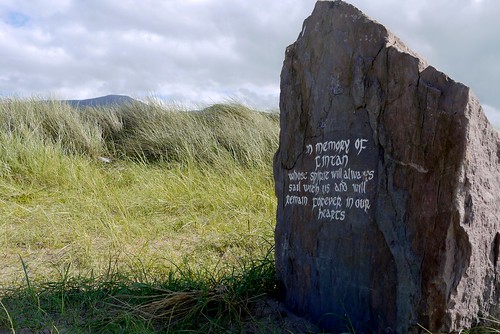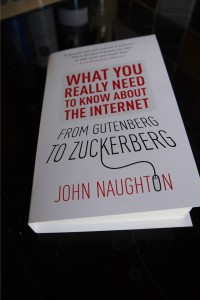… best avoid Mary Beard, who sets about Robert Hughes in a severe review of his new book about Rome.
about Rome.
Reader, be warned. Skip the first 200 pages and start this book at chapter six, “The Renaissance”. By the time Hughes reaches this point, he is well in command of his material and is on characteristically cracking form. He offers some delicious pen portraits of the artists and architects who designed and made what are now the tourist high-spots of the city: the Sistine chapel, the Piazza Navona, St Peter’s basilica, the Campidoglio. Particularly vivid is his discussion of Bernini, “the marble megaphone of papal orthodoxy” – who was loathed by most visitors in the 19th century (“intolerable abortions” was Charles Dickens’s description of Bernini's monuments), but increasingly admired in the 20th. And he nicely captures the spirit of the 18th-century grand tour. The desire of the young milords to discover the grandeur of ancient culture was only one side of the story. Sex tourism was the other. Rome was, as Hughes observes, the Thailand of the period, and he includes plenty of revealing stories about the brash bigwigs who turned up in the city: Lord Baltimore, with his harem of eight women, or Colonel William Gordon, who (if Batoni’s famous portrait is anything to go by) pranced around the Mediterranean in a kilt and swaths of his family tartan. What on earth did the locals make of these people?
In his epilogue, Hughes, the modern cultural critic, elegantly savages the mass tourism and commercial culture of Berlusconi’s Italy. A visit to the overcrowded Sistine chapel has become, he insists, close to unbearable, “a kind of living death for high culture” – which can only get worse “when post-communist prosperity has taken hold in China”, and the Chinese flood in by the million. The same, he might have added, is also true of St Peter’s basilica itself. It may be large enough inside to hold huge numbers of visitors in relative comfort, but they now have to go through a metal detector to get into the place. When I tried to visit one afternoon last December only two of these machines were working, and people in the queue winding around the piazza would have been waiting for more than an hour.
So far, so good. “In fact”, writes Beard, “the second half of the book is an engaging history of this wondrous city, very much in the tradition of The Shock of the New , packed full of sharp observation and trenchant one-liners, artfully and fearlessly told”.
, packed full of sharp observation and trenchant one-liners, artfully and fearlessly told”.
But:
The first half of the book, especially the three chapters dealing with the early history of Rome, from Romulus to the end of pagan antiquity, is little short of a disgrace – to both author and publisher. It is riddled with errors and misunderstandings that will mislead the innocent and infuriate the specialist.
Hughes, it seems, has made “more than a few pardonable slips”.
The “ancient” parts of this book are littered with howlers. Sometimes, for example, CE and BCE are confused (so that Julius Caesar’s Gallic enemy Vercingetorix is said to have been beheaded in 46CE, almost a hundred years after Caesar himself was assassinated), or the correct chronology is flagrantly reversed (“a succession of autocrats, starting with Augustus himself and continuing onwards through Pompey and Julius Caesar”, he writes, when in fact Pompey and Caesar preceded the emperor Augustus). On other occasions, the identity of the characters is hopelessly muddled. Hughes clearly has not been able to distinguish “Pompey the Great” from his (very different) father, also inconveniently called “Pompey”.
Tut, tut. I still love Robert Hughes, though. He writes about art like Hemingway wrote about bullfighting.





